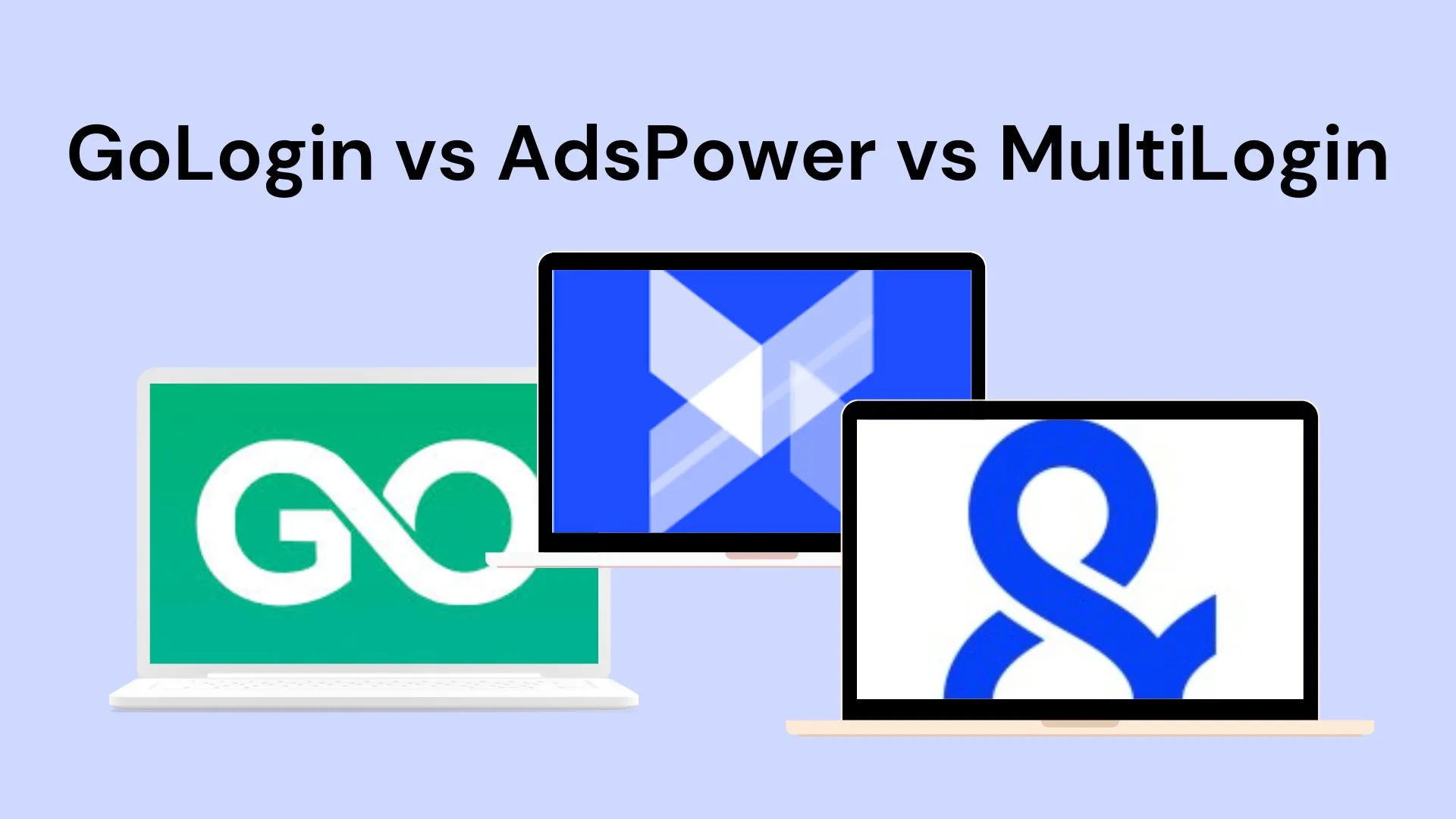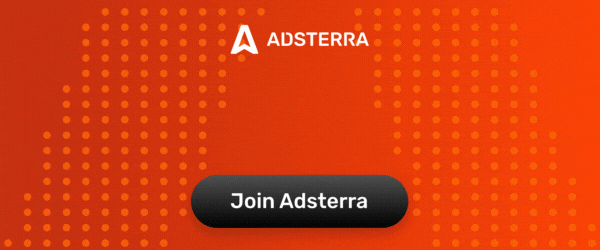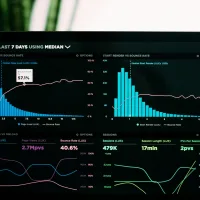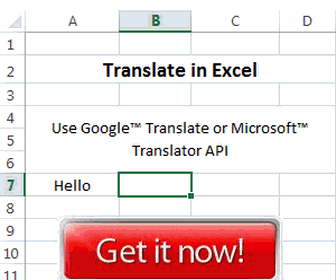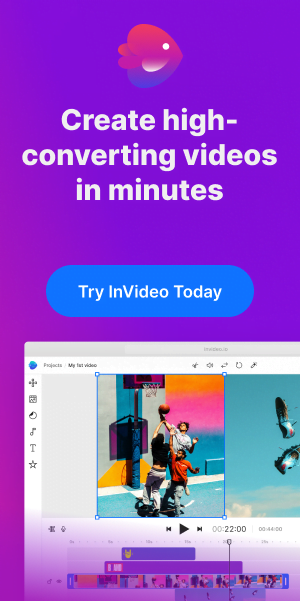In the wake of the last decade, there has been much exploration of the internet more than the whole century put together. Several discoveries and groundbreaking creations have taken over the world, thanks to technology.
As things evolved the need to air personal opinions, broadcast perceptions, and spread knowledge became more necessary. From time immemorial, the radio and most recently, videos have been adopted as means.
Getting the better of radio programs which comes with the inability to access the materials after a time broadcast and overriding the huge cost that goes into video production and dissemination, podcasts have become the new world order.
Podcasts are more like recorded radio series. Listeners are not compelled to listen on the go, rather they can always listen, time and location notwithstanding.
Podcasts are always focused on topical issues. Just like a blogging business, podcasts are niche-specific.
In creating a podcast, you are at liberty to dictate the duration. And the listeners too are at the liberty of choosing what to hear and what not to hear. This being a unique peculiarity of podcasts, it gallantly stands out when placed side-by-side with radio.
Also little do you know that quite of number of established podcasting channels are springing up every day. This is because the available contents cannot be exhausted.
So far you can recognize a niche where people are eager to learn, and then there is a space for you in the podcasting world.
You have been nursing the idea of podcasting for a long while and you don’t how to kick-start, cue in, and learn how to get started.
Getting Started with Podcasting
Setting up podcast channels is quite straightforward. Just a few steps and boom you are there.
Before you set out to start a podcast channel, you will need the following podcasting tools.
1. A Microphone: This will help you to have a good sound quality. Unlike the microphones that are installed on your laptops and computers, unidirectional microphones don’t allow interference of noise.
So, don’t even think of improvising because all the microphone functionalities that come with a computer won’t give you the sound quality you want.
2. An Audio Interface: This is needed for you to connect your microphone to your computer. An audio interface will be compulsorily needed if the microphone you have can connect directly to your computer.
If not, you must have gotten the analog microphone. So with the audio interface, you can always send the signals and sounds from the microphone to the computer.
3. Editing Software: just because you have to publish top-notch recordings, you will need one or two editing software. You have to know the ones that are compatible with your operating system so that you will not have to go through hard times trying to edit your records.
4. Headsets: This is not an essential tool though. It is recommended for the following reasons;
- You will have the luxury of hearing yourself which will influence your audibility and tone because you will hear any glitch in the sound amplification
- In the case that you are conducting an interview, it will enhance the audibility by limiting the interference of background noise
5. Mobile Phone: The power of technology and inventions that has heralded the world in the past few years has made it easy to have all the above-listed tools available on the mobile phone.
With your phones, you can easily use your sound recorder function to have your sessions/content recorded. So your phone is a recording studio at a go. There is no limitation.
Step-by-Step Guide on How You Can Launch Your Podcast Channel
The following are tested and trusted guidelines on how you can easily start your podcast channel.
This is quite synonymous with knowing your focus. A niche, whether blogging niche or podcast niche, simply defines the exact core of your podcasts. You cannot afford not to have focus so that you won’t be seen as a joke.
When selecting your niche you have to be sure that it is inexhaustible; you must be able to go on and on for a long while bearing in mind that podcast comes in episodes.
If you are going to discuss any topic extensively, it must be a discussion that comes from within, your passion. There is no essence in talking about agriculture when your core is sports.
Having a niche offers you a direct relationship/connection with prospective and existing listeners. This will further enable you to see through your audience and know what they want and how best to get it served.
In selecting a niche and corresponding topics, researching other podcast channels in your niche is not a bad idea. In the process of researching, you tend to know the questions that need to be answered, wrong perceptions that need to be cleared, and ignorance avenues that need to be enlightened.
Researching is germane and fun, it helps to fly on the wings of the experienced whilst you have your taste for quality podcasts energized.
In discussing topics, you must make your examples practicable and achievable. Don’t be abstract, as much as you might want to be fictional, don’t lose your audience, be apt, and do well to throw more light on confusing areas.
When you are talking about general opinions, you may need to reiterate that you are not speaking for a lot of people. Rather, you are only airing your perception about the whole matter.
Be a good listener too, it will help you in the long run.
2. Develop a Diary/Work plan
Just like building a house, having a plan is an important factor that ensures productive and successful podcasting. A work plan helps you to organize your podcast topics in an orderly manner.
If you plan well, you will find it easy to script and get focused on the duties ahead. Most importantly, you will not need to continuously rack your head for content.
Most reasonably, this work plan can be drafted and synced with your Calendar. This will keep you on track. Also, planning allows you time to plan for unseen/ unexpected difficulties.
Try not to plan for a while, only will you understand the cliché that implies failure to plan, is a plan to fail.
3. Brand your Podcast
Branding is simply building or creating an image for your podcast channel. You must build an image for yourself.
When branding, what comes to mind first is your name. The name should represent you and what you stand for.
Many people just decide to use their respective personal names, while some just decide to use random names.
The next you consider after branding is your logo. This must be top-notch and creativity embedded. Apt and reasonable designs should be used.
Ensure that your logo speaks to you and your concept. Let it carry the theme of your selected niche.
Furthermore, as time goes on, you may need a website. This kind of website is basically to help you to build a community.
Owning a website should be part of your long-term vision if you cannot afford it at the inception of your podcasting.
Also, in the course of branding, make sure you open channels of communication. Mails, Facebook accounts, Instagram and Twitter must be well structured.
These are needed for you to have a direct communication and response pool for your listeners. It helps you build your feedback system. Communication is germane, don’t jettison it.
4. Select a Podcast Host
Just like a radio station, you need to get a host for your recorded content. All you need to do here is to do your research about all the existing podcast hosts and choose the one that best suits your needs.
In selecting a podcast host, you must be sure of the following criteria;
- Strength of Storage
Podcasting is all about talking, and this tends to take more space than you can imagine. So as a starter, you must be sure of the storage abilities of the selected podcast host. It must be able to serve you in the long term.
It is no news that there are limits set by podcast hosts, ranging through time limits and podcast episodes. You must be prepared, better still your detailed research before you set out.
In this wise you select host(s) that can host your podcast episodes on different RSS fields in a way that they can all be monitored, reviewed, and managed on your dashboard.
Also note that when your limits are exceeded, some podcast channels offer you recording plans that should fit into your budget and spending. Just know that there is no limit in the actual reality if you have got the finance.
- Audience Analysis
If you have the aim of expanding your fan base, it is important you know the minds and needs of your listeners. Questions like when they listen, where they listen, and how they listen are questions that should be answered if you want to excel.
You must be sure of the kind of audience analysis your podcast host is using. You must take time to ensure that you know the exact statistics that your selected host works with. If you don’t pay attention to this, you might end up misplacing your priorities hence you will not get optimum results.
Detailed analytics help you to know what to add and what to stop in your podcast episodes. If needed, you should be able to download results to seek advice that will help you grow your podcast channel.
- Content Reuse
Do you know that you can post podcasts on YouTube? You say it is odd? This is a result of people’s affinity towards motion pictures and videos. Visuals appeal more to people than the audio.
So, if you have the aim of growing your audience, this should be on your priority list when selecting a podcast channel.
It will surprise you that some podcast hosts allow such functionality; where you can easily upload your podcasts on YouTube without any stress.
With a click, BOOM! You are on YouTube. This saves time and strength.
If you so wish to spice the video upload, you can translate and transcribe your audio. The transcription will help you to increase your reach by including the hearing-impaired audience. They can read and relate to your content.
Get Started Now
If you can be diligent in following all the set attributes, you can be certain that you are the next revelation waiting to take over your selected niche.




